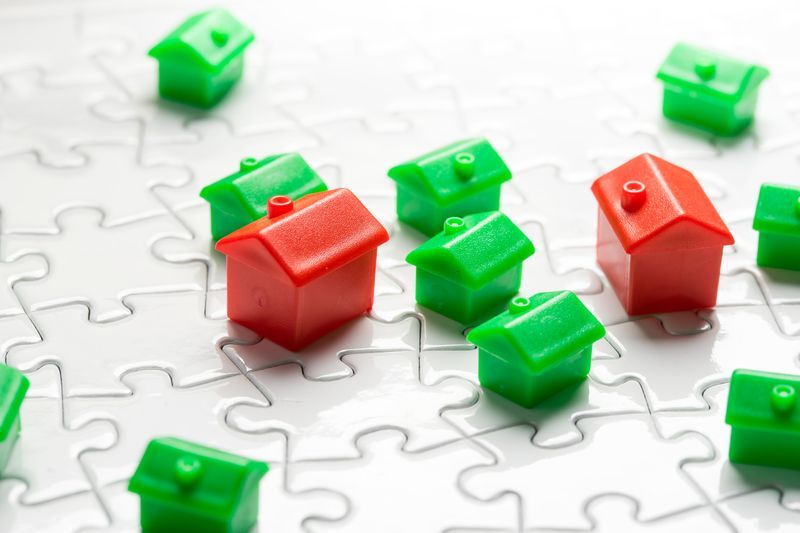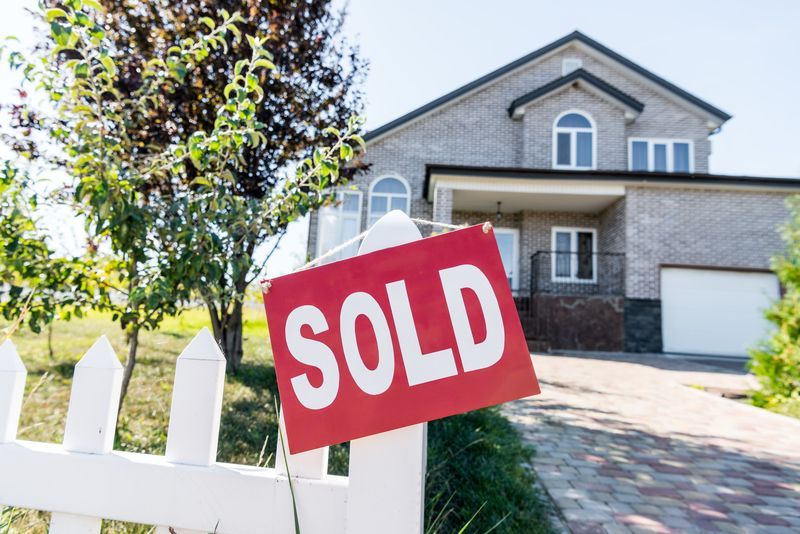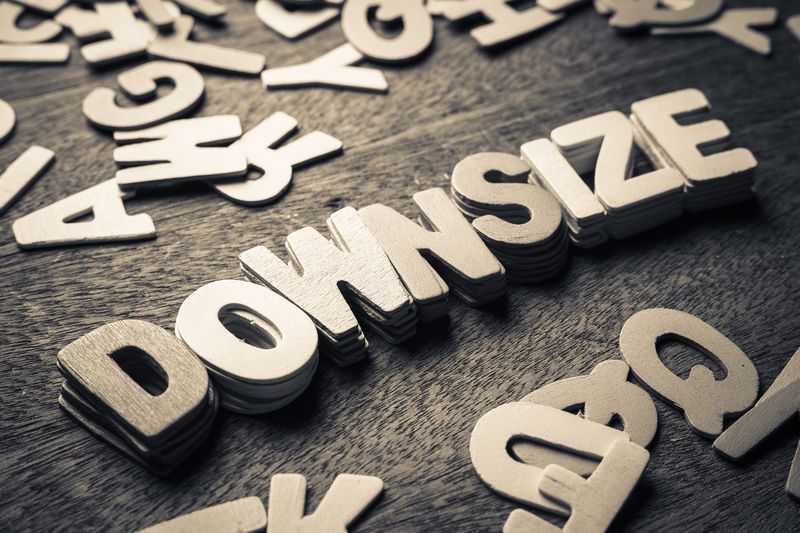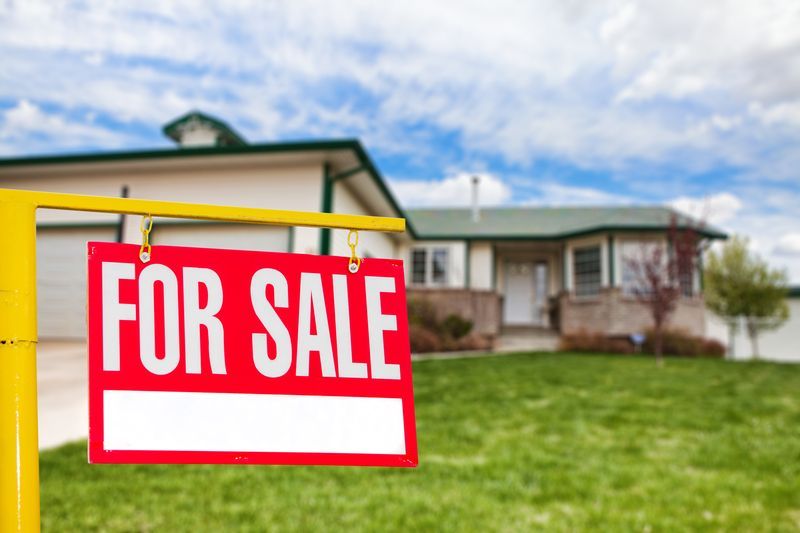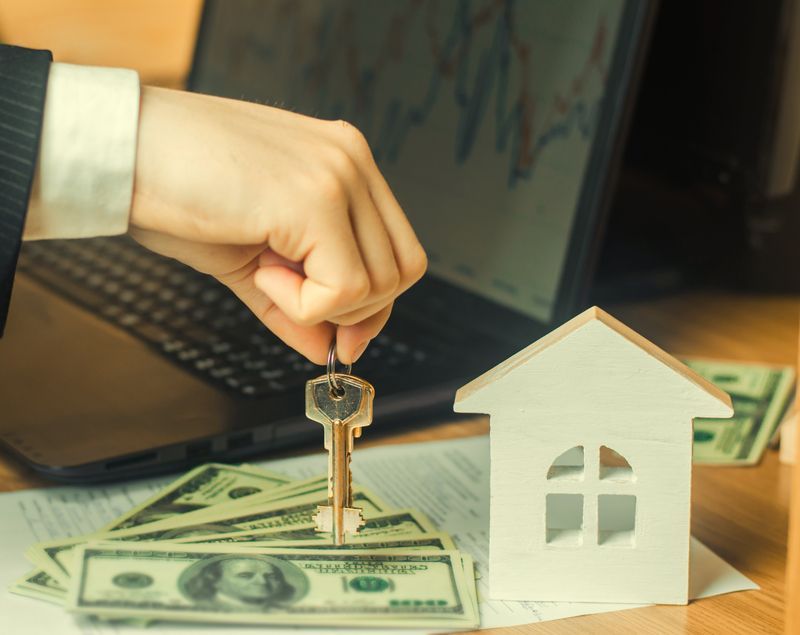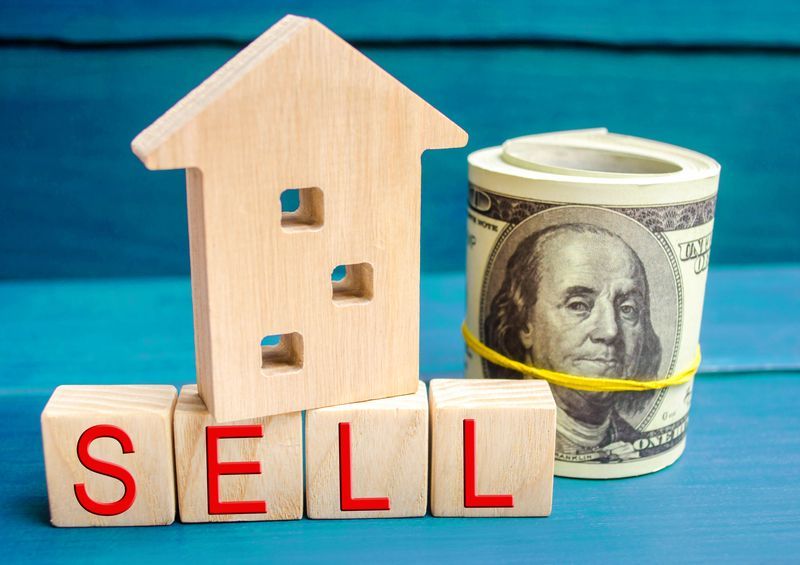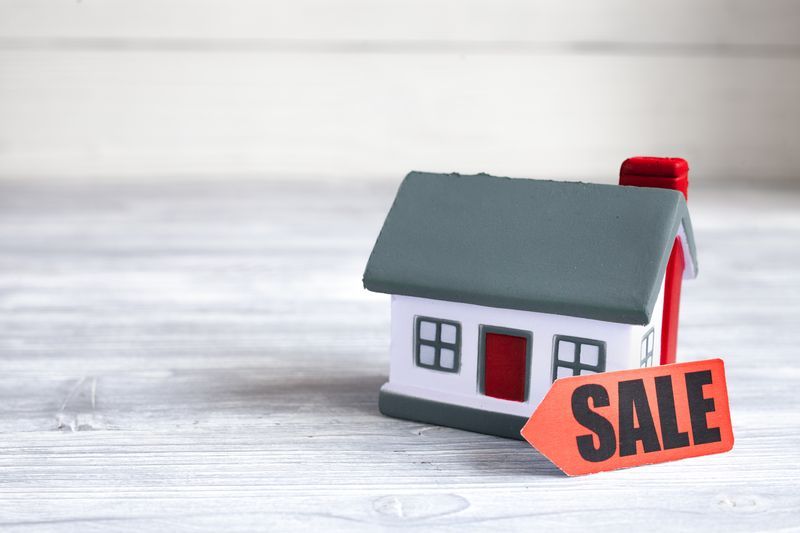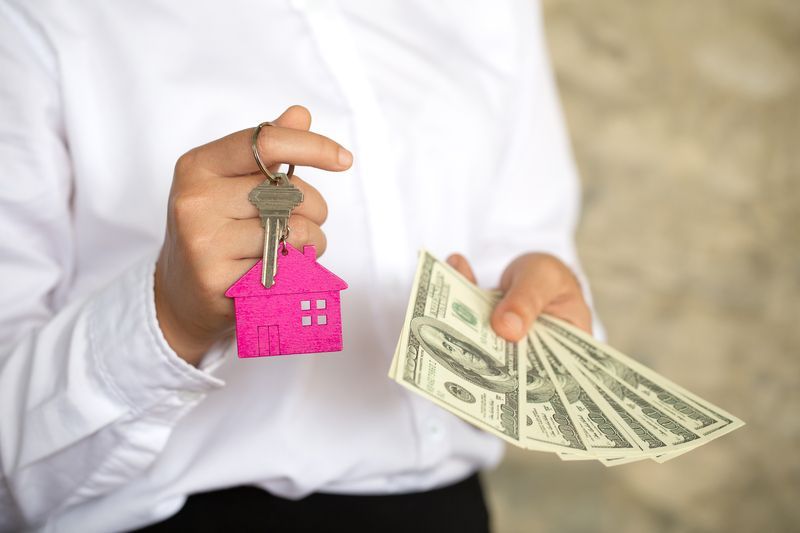Navigating Property Sales & Value After a Natural Disaster
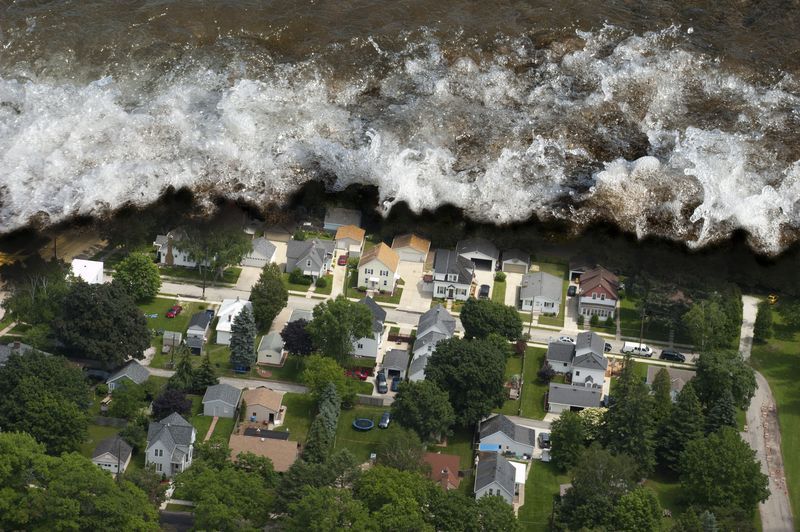
In the aftermath of a natural disaster, understanding how to navigate property sales and determine value can be a daunting task. Recognizing the complexities involved in assessing property value and navigating sales processes post-disaster, this introduction seeks to provide clarity and assistance to those in need. With the right information and guidance, individuals can overcome obstacles and find solutions that best suit their circumstances. By exploring various factors that come into play after such events, readers can gain a better understanding of their options and make informed decisions about their property.
The Impact of Natural Disasters on Property Value
The aftermath of natural disasters brings not only physical and emotional tolls but also significant financial implications for homeowners. Statistically, properties affected by natural disasters can see depreciation rates vary widely. For example, a report from CoreLogic showed that after Hurricane Harvey, affected homes lost roughly 3% to 15% of their value. The depreciation is a complex interplay of factors including the location severity of the disaster, and the speed of recovery efforts. Real estate experts observe that the long-term effects on the housing market in disaster-stricken areas depend largely on these variables. They also note a trend: while there is an immediate dip in property values, markets tend to recover over time as communities rebuild.
Disaster Preparedness for Homeowners
Given these potential impacts, disaster preparedness becomes crucial for homeowners aiming to protect their investments. Being prepared means beyond emergency kits; it encompasses ensuring your property is as resistant to natural disasters as feasible and that you are financially safeguarded through insurance. Homeowners are advised to review their insurance policies annually to confirm adequate coverage against common local natural disasters.
Investing in structural reinforcements, choosing disaster-resistant materials, and adopting smart landscaping can mitigate potential damage, thereby helping maintain the home's value. Resources such as the Federal Emergency Management Agency (FEMA) offer guidelines on measures homeowners can take to improve their property's resilience. By implementing these strategies, homeowners not only protect their physical assets but also contribute to stabilizing the local real estate market post-disaster.
The potential decline in property values post-natural disaster and the importance of disaster preparedness and insurance represent critical considerations for homeowners. By understanding the accompanying financial risks and acting preemptively, homeowners can better navigate the uncertainties following natural disasters. The community-wide adoption of resilience-enhancing measures can significantly impact the speed of recovery and the long-term health of the local real estate market.
Challenges of Selling Post-Disaster Properties
Selling a home in the aftermath of a natural disaster presents a unique set of challenges for homeowners. The most immediate obstacle is the potential loss of property value, coupled with a diminished buyer market interest in "as-is" properties. Homeowners are legally required to disclose any damage caused by natural disasters. This disclosure requirement, while ensuring transparency, can dissuade potential buyers concerned about the long-term implications and costs of such damage.
Despite these hurdles, some homeowners have navigated the post-disaster property sale successfully. Case studies reveal that a key strategy includes detailed documentation of the damage and repairs, which can reassure potential buyers about the property's condition. Strategic pricing, taking into account the cost of any necessary repairs or improvements, has proven to lead to successful sales even in challenging market conditions.
Navigating Insurance Claims and Repairs
Dealing with insurance claims is another pivotal aspect of recovering property value after a natural disaster. The initial step involves promptly filing a claim and meticulously documenting the damage, including taking photos and keeping a record of all communications with the insurance company. Homeowners should be prepared for the adjuster's visit by having an inventory of lost or damaged items and any estimates for repairs.
Managing repair projects efficiently is fundamental to restoring property value. It's advisable to seek multiple estimates from licensed contractors to ensure fair pricing and quality work. Prioritizing repairs that affect the home’s structural integrity or safety is crucial, not only for the property’s value but also for the well-being of its occupants. Professional assessments can play a significant role in recovery efforts, providing an objective evaluation of the damage and necessary repairs, which can be beneficial during both the insurance claims process and when preparing the home for sale.
The journey of selling a home after a natural disaster is fraught with challenges, from navigating legal disclosure requirements to effectively managing insurance claims and repairs. With informed strategies and diligent preparation, homeowners can overcome these obstacles and successfully sell their properties, even in the most adverse circumstances. The key lies in transparency, accurate documentation, and a proactive approach towards recovery and repair.
Innovative Sales Strategies for Recovering Value
Navigating home sales in the wake of natural disasters requires innovation and strategy. Homeowners are increasingly turning to professional home-buying companies as an alternative to waiting out the traditionally slow post-disaster market. These companies often offer quick-sale options, providing homeowners with immediate financial relief. Comparing traditional sales methods to these alternative approaches reveals the benefits and drawbacks of each. While the traditional route may eventually yield a higher selling price, it often comes with prolonged waiting periods and the burden of repairs. Alternative sales methods, such as auctions or selling to investment firms, can expedite the process but may result in lower sale prices. Success stories abound where homeowners manage to recover, or even improve, their property's value through strategic improvements, effective marketing, or simply by capitalizing on the rarity of available homes in recovering areas.
Building Resilience for the Future
Navigating home sales in the aftermath of natural disasters is laden with challenges but also opportunities for prepared and savvy homeowners. Understanding the impact of such catastrophes on property value and sales potential, and proactively preparing for these eventualities can make all the difference. Resources for disaster preparedness, strategic approaches to selling post-disaster properties, and effectively navigating insurance claims and repairs are critical components of recovery. Recovering value through various sales strategies underscores the importance of not only resilience on an individual level but also the collective effort in rebuilding affected communities.
The narratives of those who succeeded in this trying situation serve as a testament to the indomitable spirit of homeowners facing such adversity. For homeowners and communities alike, the key takeaway is the importance of building resilience against future disasters. This involves both individual preparedness and community-wide efforts to enhance infrastructural and environmental resilience. In doing so, the long-term health of the local real estate market can be safeguarded, and the impact of future natural disasters can be mitigated.
Navigating the complex terrain of post-disaster home sales is no easy feat, yet, with the right knowledge, strategies, and support systems in place, homeowners can emerge from the ordeal with their financial futures intact. As communities continue to face the increasing threat of natural disasters, the lessons learned from each event become building blocks for a more resilient and prepared society.
In the wake of a natural disaster, navigating property sales and assessing value can be overwhelming. Reach out to Utah Sell Now today for expert assistance and peace of mind in navigating property sales and value after a natural disaster.
